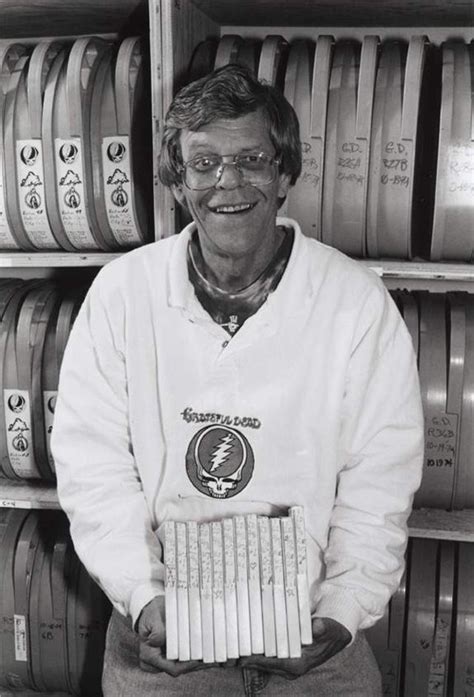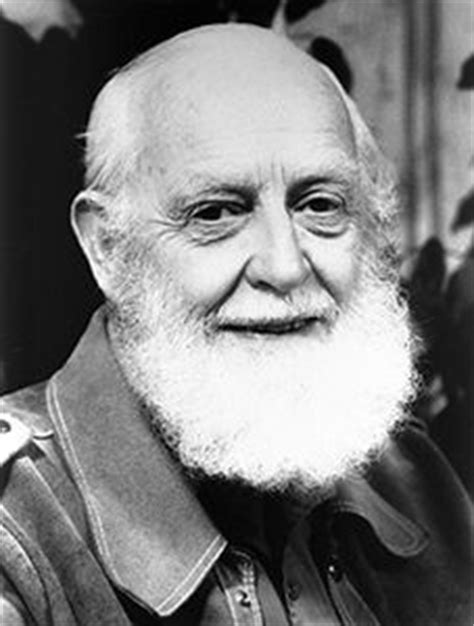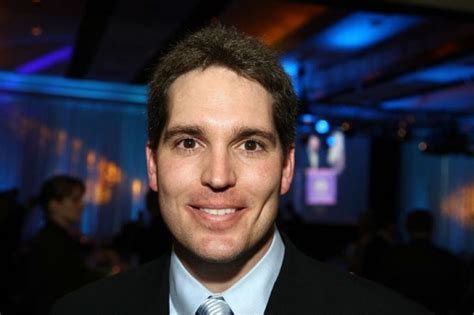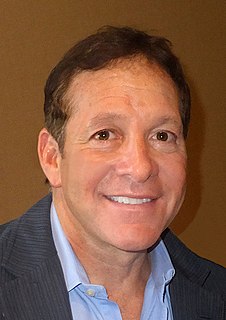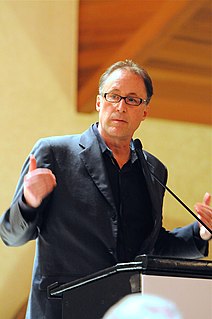A Quote by Dick Latvala
I don't have an agenda. I don't have things I want to get to or something. I have like a broad, slim grasp of certain periods and certain shows within that period, an awareness of them, but they demand re-listening. I have a flimsy grasp of all the eras and ideas within each period of what would be a good show to think of.
Related Quotes
There's certain things like scripted dramas that - they're either topical or such water-cooler moments that I think that they'll be consumed within 48 hours. You don't have to consume them at 9:00 at night, but you want to consume them within the first couple of days so that you can talk to your friends about it.
Know that for the human mind there are certain objects of perception which are within the scope of its nature and capacity; on the other hand, there are, amongst things which actually exist, certain objects which the mind can in no way and by no means grasp: the gates of perception are closed against it.
Many of the things that I have written on have focused, at least a big part of the story, on adolescents. I think that in that period of life, so much happens, and it's the period of life where you're forming into an adult. In certain ways, you're already an adult and in certain ways you're still a kid.
When you're going over periods of your life, you remember certain things, certain events, certain people that you've forgotten. You've forgotten certain lessons or people you were very close to, and then you haven't seen them in a while. I think if you can go through life with the correct regrets, then looking back on it, like I did, a certain portion of my life is pretty enjoyable. All my regrets are ones that I'd like to keep.
I don't concentrate on any one period of history; I like to locate my stories in wildly different eras and places. I seem to be drawn to large, sprawling, uncomfortable swaths of American history, finding embedded within them a tight narrative that involves strife, heroism, and survival under difficult circumstances.
I think certain periods of history don't get dealt with because I think historians, and it's their job, but they look back and look for patterns. They look for sequences and they look for reasons, and certain periods of history don't fit with the general pattern of 1500 to the 20th century, during which there's the creation of the United States. At this time of 1814, two nations who would eventually become close allies were at war with each other, so it doesn't quite fit.
...Those laws are within the grasp of the human mind. God wanted us to recognize them by creating us after his own image so that we could share in his own thoughts... and if piety allow us to say so, our understanding is in this respect of the same kind as the divine, at least as far as we are able to grasp something of it in our mortal life.
